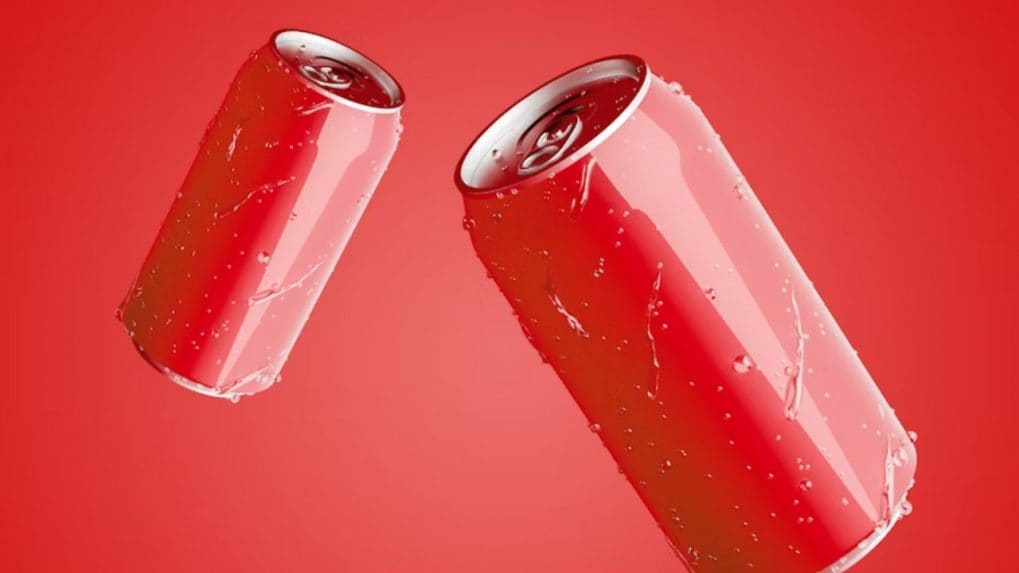Agency News
Why advertising agencies can no longer afford single-sector dependence

In a bold move to protect its youth, the panchayat of Uppali village in Punjab’s Sangrur district has imposed a complete ban on the sale and consumption of energy drinks. The decision, backed unanimously by the 10-member council, which includes four women, stems from mounting concerns over the drinks being misused in combination with drugs and their harmful health impact on teenagers.
Large banners announcing the prohibition have been placed at entry points of the village.
“We were alarmed by how easily these drinks were available and how they were being misused,” said sarpanch Jangir Singh, as per media reports. “Initially, some shopkeepers feared losses, but they realised the long-term benefit of protecting our children’s health.”
Under the new rules, any violation will attract a social boycott, a traditional form of punishment in which the offender is shunned by the community.
The unusual step reflects the growing anxiety in Punjab, a state grappling with a severe drug crisis, where even seemingly harmless stimulants like energy drinks are seen as gateways to stronger substances.
Doctors have long raised concerns about the widespread availability of these products. Energy drinks cause a spike in alertness followed by a crash. Regular use increases the risk of heart disease, high blood pressure, arrhythmias, and even heart attacks. This isn’t hydration, it’s heart damage in a can, experts have opined.
Nutritionists warn that adolescents are especially at risk.
The move by Uppali’s panchayat has been lauded by local shopkeepers and community members, many of whom view it as a step towards safeguarding future generations. While no other village in Sangrur has followed suit yet, Uppali’s decision could spark a wider conversation on regulating energy drinks in India, a market that remains largely unregulated despite repeated medical warnings.
The Food Safety and Standards Authority of India (FSSAI) has set maximum permissible limits for caffeine — 300 mg per litre — but there is no age restriction on sales, unlike in countries such as the UK, where supermarkets voluntarily refuse to sell to children under 16, or in Scandinavian countries, where stricter controls exist.
In 2014, FSSAI had briefly cracked down on certain brands for violating safety norms, but enforcement has been patchy. With the Indian energy drink market growing rapidly, driven by aggressive marketing and rising youth consumptio, doctors and nutritionists have repeatedly urged the government to implement warning labels, restrict advertising to minors, and even explore age-specific bans.
In April 2025, Punjab government banned energy drinks in schools and pointed out that they are heavily marketed to children and contain high levels of caffeine that could impact health.
Last year, FSSAI had also informed all e-commerce platforms to refrain from labelling dairy-based, cereal-based or malt-based beverages as ‘health drinks’ or ‘energy drinks’, reported Business Today.
The reason behind this is because ‘health drink’ isn’t defined in Indian food laws. ‘Energy drink’ on the other hand, by law, refers to flavoured water drinks - carbonated and non carbonated, under the FSS Act 2006.
According to the FSSAI, the use of these terms can mislead consumers. Hence, the body had asked all Food Business Operators (FBO) that operate via e-commerce to dissociate themselves from such terms by removing their drinks and beverages from these categories.
Despite being the original architects of global brands, advertising holding companies are collapsing in market value because they still sell human hours while the world now rewards scalable, self-learning systems.